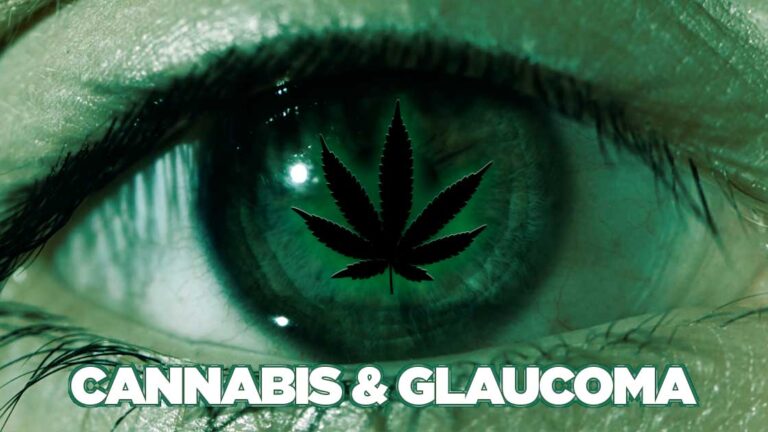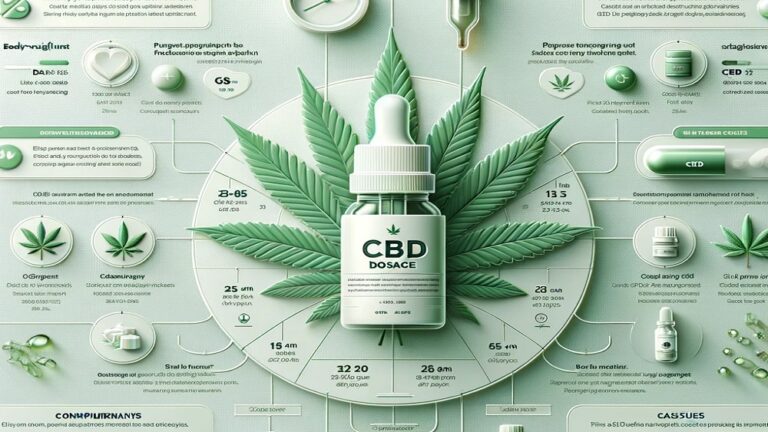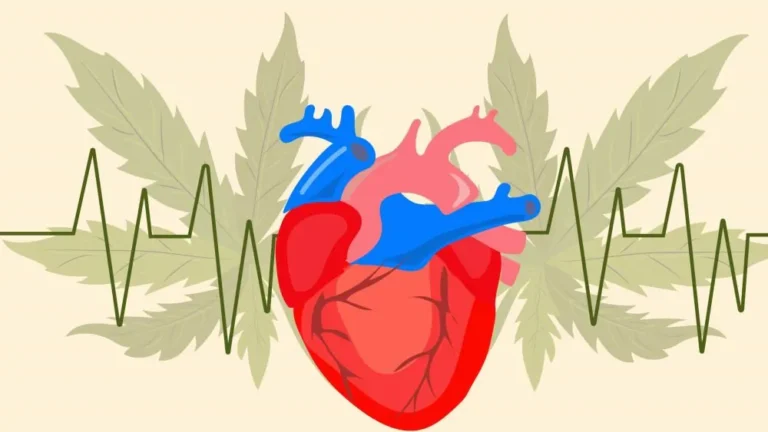
Exploring the Relationship between CBD and Heart Health: CBD Oil’s Potential for Palpitations
Introduction
Cannabidiol (CBD) has surged in popularity as a natural remedy for various health concerns, from anxiety and chronic pain to sleep disorders. Among its potential applications, many are curious about CBD’s role in supporting heart health, particularly for managing heart palpitations—a distressing sensation of a racing, pounding, or fluttering heart.
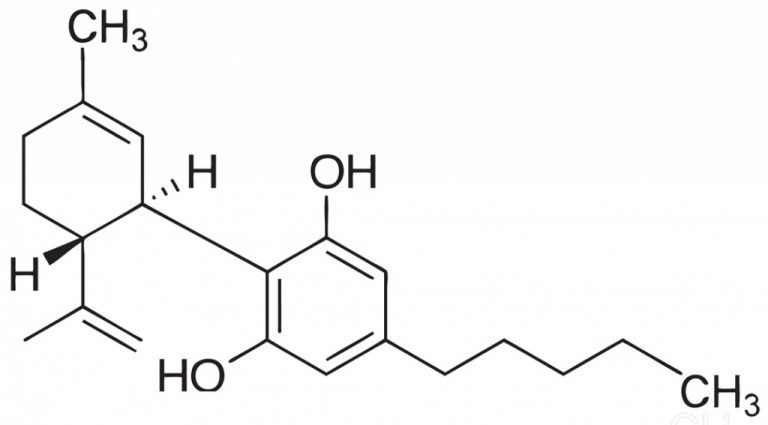
Heart palpitations can arise from stress, anxiety, caffeine, or underlying heart conditions, prompting interest in whether CBD can help. This article explores the science behind CBD and heart health, addresses whether CBD can help with heart palpitations, and provides practical guidance on choosing the best CBD oil for heart health. While research is promising, it’s important to approach CBD with caution, especially for those with heart conditions.
Understanding CBD and the Endocannabinoid System
CBD is a non-psychoactive compound derived from the hemp plant, a variety of cannabis with low THC (tetrahydrocannabinol), the compound responsible for the “high” associated with marijuana. Unlike THC, CBD is generally well-tolerated and legal in many regions, making it a popular choice for wellness.
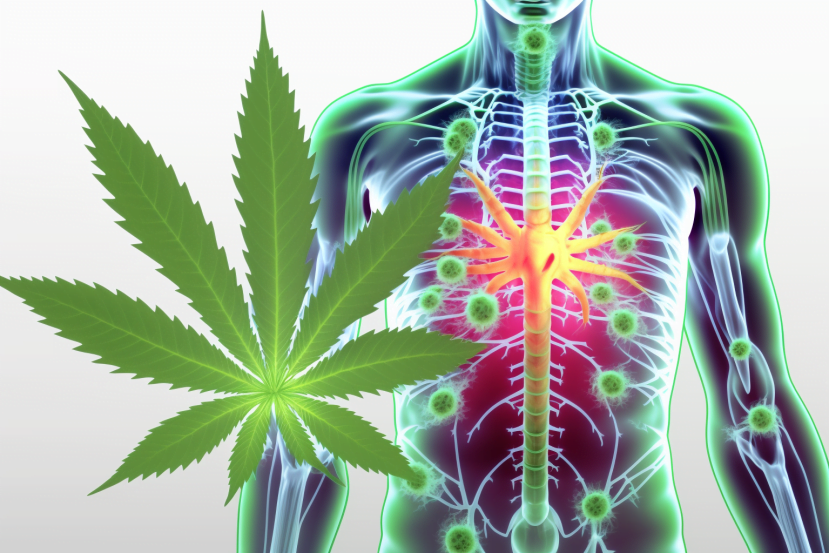
CBD interacts with the body’s endocannabinoid system (ECS), a complex network of receptors (CB1 and CB2), endocannabinoids (naturally produced cannabinoids), and enzymes that regulate functions like mood, sleep, immune response, and cardiovascular health. According to Healthline (2019), CBD doesn’t directly bind to CB1 or CB2 receptors but enhances ECS activity by preventing the breakdown of endocannabinoids, allowing them to exert effects longer. This interaction may contribute to CBD’s potential benefits for heart health, including its effects on blood pressure and inflammation.
CBD and Heart Health: What the Science Says
Research on CBD and heart health is still in its early stages, but several studies suggest potential benefits for cardiovascular health. Here are key findings:
- Blood Pressure Reduction: A 2017 study published in JCI Insight found that a single 600mg dose of CBD reduced resting blood pressure and the blood pressure response to stress in healthy men. High blood pressure is a major risk factor for heart disease, so this effect could be significant for CBD cardiovascular benefits.
- Anti-Inflammatory and Antioxidant Properties: Chronic inflammation and oxidative stress contribute to heart disease. According to a 2012 study in PMC, CBD’s anti-inflammatory and antioxidant effects may protect against vascular damage caused by high glucose levels, inflammation, or diabetes. These properties could support overall CBD and heart health.
- Vascular Protection: Animal studies, such as one from PMC (2012), indicate that CBD may reduce vascular hyperpermeability and protect against damage from ischemia-reperfusion injury (damage occurring when blood flow is restored after a heart attack). This suggests CBD effects on the heart may include protective mechanisms.
- Heart Failure and Cardiomyopathy: Preliminary research, as noted by the British Heart Foundation (2025), is exploring CBD’s effects on heart muscle diseases like myocarditis and cardiomyopathy. However, these studies are primarily in animals, and human trials are needed.

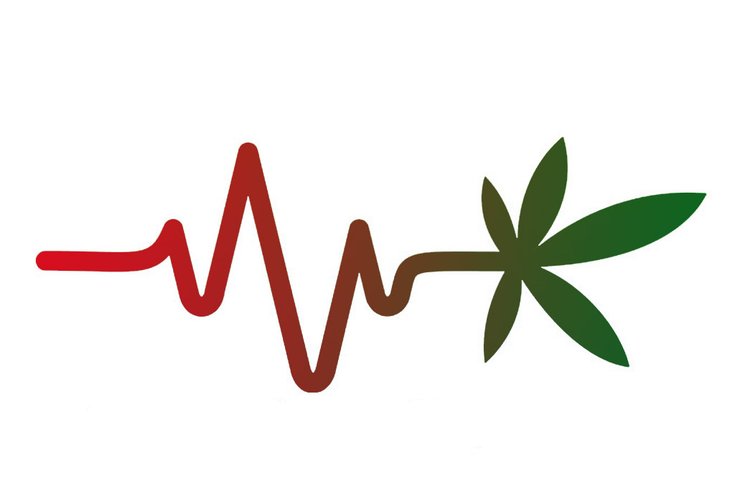
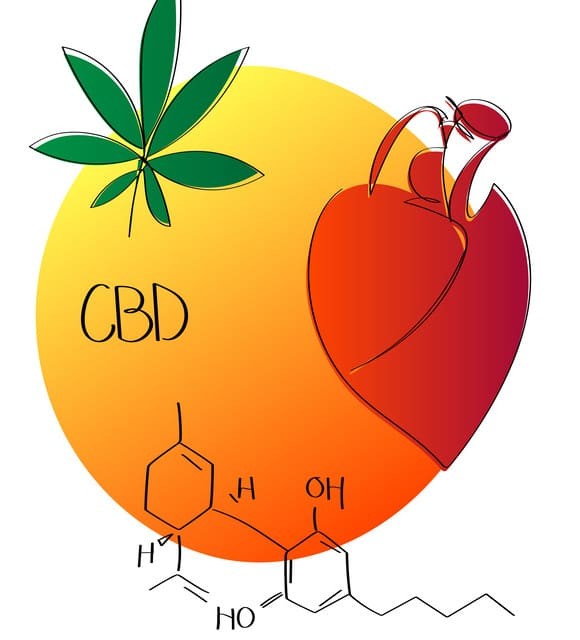
Despite these promising findings, experts caution that CBD and heart health research is not conclusive. Most studies are preclinical, and human trials are limited. As Scott Lundgren, DO, a transplant cardiologist, stated in WebMD (2021), “CBD has never been shown to have significant cardiovascular benefits in human studies.” Therefore, while is CBD good for the heart is a valid question, the answer remains uncertain, and more research is needed.
Can CBD Help with Heart Palpitations?
Heart palpitations are sensations of a rapid, irregular, or pounding heartbeat, often caused by stress, anxiety, caffeine, or underlying heart conditions like arrhythmias. Many wonder, does CBD affect the heart in a way that could alleviate palpitations? Here’s what we know:
- No Direct Evidence: There is currently no strong evidence that CBD heart palpitations treatment is effective. According to Medical News Today (2021), CBD has not been shown to treat heart arrhythmias directly. In fact, a 2022 case study reported in Medical News Today highlighted a case where high doses of CBD, combined with other supplements, led to a dangerous heart rhythm disorder, suggesting caution.
- Indirect Benefits: CBD’s anxiolytic (anxiety-reducing) properties may help manage stress and anxiety, common triggers for palpitations. A 2019 Healthline article notes that CBD may support the ECS in maintaining homeostasis, potentially calming the nervous system. This could indirectly reduce CBD heart rate fluctuations caused by stress.
- THC vs. CBD: Unlike CBD, THC can increase heart rate and cause palpitations, as noted in a 2011 study in Clinical Pharmacology & Therapeutics. Products with THC should be avoided by those concerned about does CBD raise heart rate or palpitations.
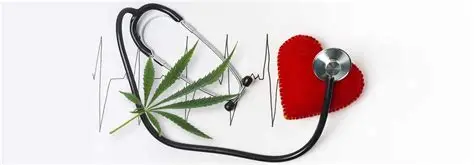
For those asking, does CBD slow heart rate or directly treat palpitations, the answer is likely no, based on current research. However, its calming effects may help with stress-related episodes. Always consult a healthcare provider to diagnose the cause of palpitations, as they could indicate a serious condition requiring medical treatment.
Choosing the Best CBD Oil for Heart Health
Selecting the best CBD oil for heart palpitations or general heart health requires careful consideration to ensure safety and efficacy. Here are key factors to look for, CBD and heart health based on insights from Forbes Health (2025) and Consumer Reports (2018):
| Criteria | Details |
|---|---|
| Third-Party Lab Testing | Choose products tested by independent labs to verify purity, potency, and absence of contaminants like pesticides, heavy metals, or THC. Check for Certificates of Analysis (COAs) on the brand’s website. |
| Hemp Source | Opt for CBD from organic, non-GMO hemp grown in reputable regions (e.g., U.S., Europe) to avoid harmful chemicals. |
| Extraction Method | CO2 extraction is the gold standard, ensuring a clean, high-quality product without residual solvents. |
| Type of CBD | – Full-Spectrum: Contains all hemp compounds, including <0.3% THC, for potential “entourage effect.” – Broad-Spectrum: THC-free but includes other cannabinoids. – Isolate: Pure CBD, no THC or other compounds. |
| Dosage and Concentration | Look for clear labeling of CBD content (e.g., 500mg per bottle). Start with a low dose (10-20mg) and adjust gradually. |
| Brand Reputation | Choose brands with positive reviews, transparent sourcing, and responsive customer service. Examples include Lazarus Naturals and Redeem Therapeutics. |
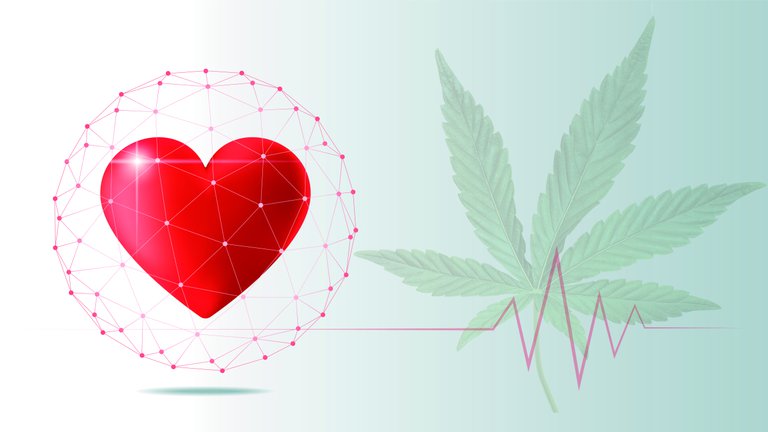
Tips:
- Sublingual Use: Taking CBD oil under the tongue (sublingual) offers faster absorption, as noted in Verywell Health (2024).
- Avoid Vaping: Vaping CBD is not recommended for heart patients due to risks of lung and cardiovascular damage (Verywell Health, 2024).
- Consult a Doctor: Always discuss CBD use with your healthcare provider, especially if you have a heart condition or take medications.
Safety and Precautions
While CBD is generally considered safe, there are important considerations for is CBD safe for heart patients:
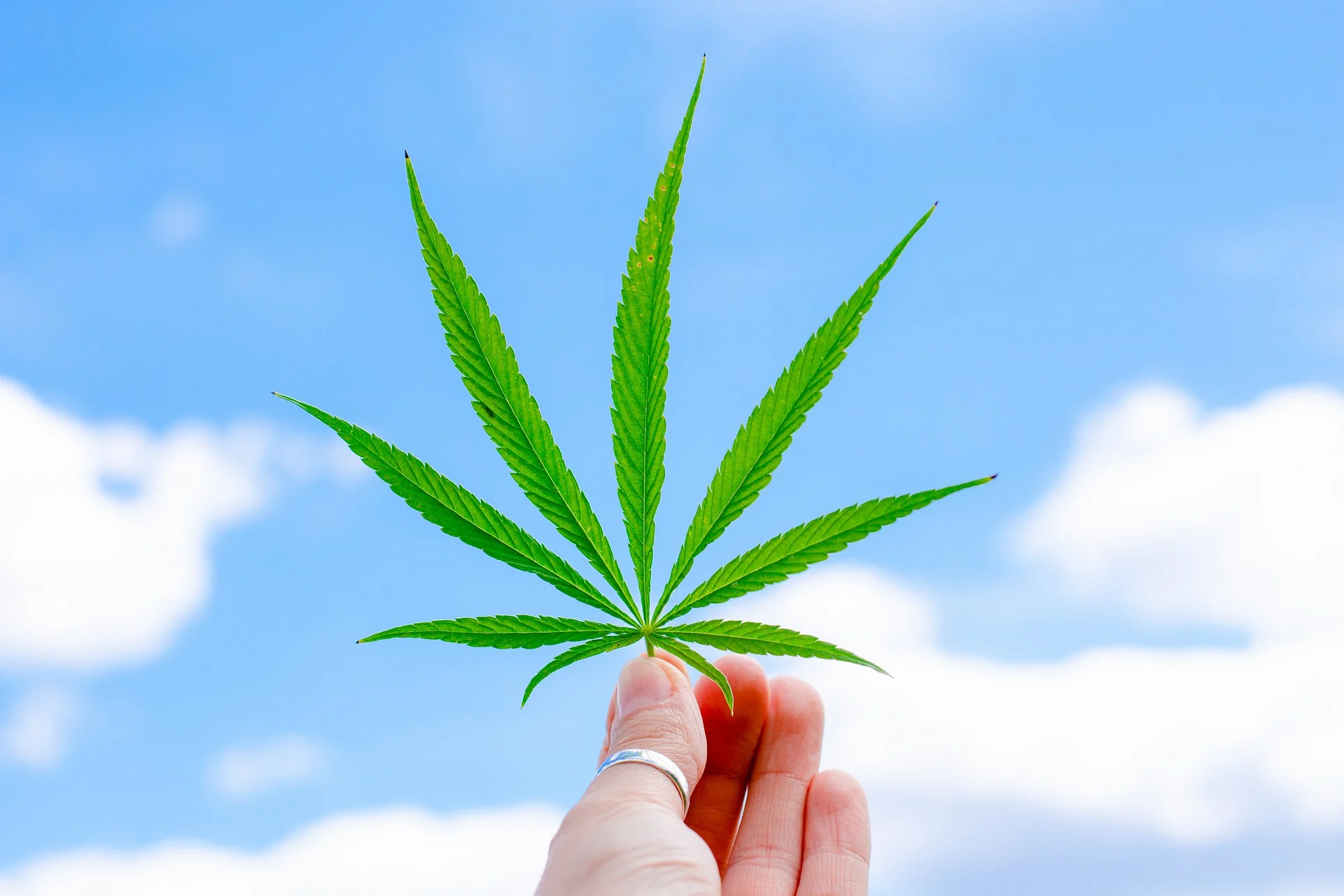
- Side Effects: Common side effects include dry mouth, drowsiness, changes in appetite, and diarrhea, which are usually mild (Healthline, 2023).
- Drug Interactions: CBD and heart health: CBD can interact with medications metabolized by the liver’s CYP450 enzymes, such as blood thinners or heart medications. A 2022 American College of Cardiology report emphasizes consulting a doctor to avoid interactions.
- Product Purity: The unregulated CBD market poses risks. A study cited by the American College of Cardiology (2022) found that over 25% of CBD products contained less CBD than labeled, and some included THC, which could harm heart patients.
- High Doses: Excessive CBD use, as seen in a 2022 Medical News Today case study, may lead to heart rhythm issues when combined with other supplements.
Start with a low dose, monitor your body’s response, and discontinue use if adverse effects occur. For those with heart conditions, professional medical advice is critical before using CBD.
Final Discussion
CBD oil holds promise for supporting heart health through its potential to reduce blood pressure, inflammation, and oxidative stress, but its benefits are not fully proven, especially for heart palpitations. While CBD and heart research is encouraging, particularly for stress-related symptoms, it’s not a direct treatment for palpitations or heart disease. Choosing the best CBD oil for heart palpitations involves prioritizing quality—third-party tested, organic, CO2-extracted products from reputable brands. However, CBD cardiovascular effects require further study, and heart patients should proceed cautiously.
For those considering CBD, integrate it into a broader heart-healthy lifestyle, including exercise, a balanced diet, and stress management. Always consult a healthcare provider to ensure is CBD safe for heart patients in your specific case, especially given potential drug interactions and the unregulated nature of the CBD market. By staying informed and cautious, you can explore CBD’s potential as part of a holistic approach to heart health.
